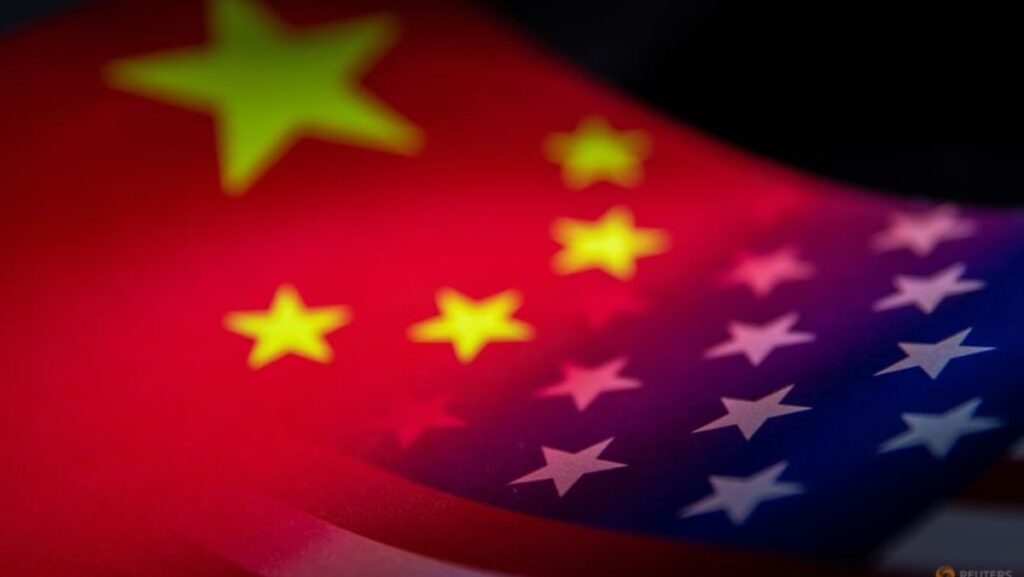“Strategic anxiety” over Beijing’s assertiveness could have led Southeast Asian thought leaders to pick the United States over China in a scenario where the region is forced to choose between the two superpowers, said an expert.
Activities such as the militarisation of disputed islands in the South China Sea “have escalated the tensions from bilateral tensions to regional insecurity”, added Yenny Wahid, director of Indonesia’s Wahid Foundation, which promotes tolerance and multicultural understanding.
She was speaking at an online panel discussion organised by ISEAS-Yusof Ishak Institute to launch its 2025 The State of Southeast Asia Survey.
“So ASEAN probably feels that the US is the only actor that is willing to push back, that has the military capability and political willingness to push back,” she said.
“It is that fear of abandonment – not necessarily a full trust in Washington, but that fear of being left out, is what’s driving the US’ rising influence (in Southeast Asia).”
In last year’s survey, China was the region’s preferred partner over the US.
The bottom line, however, is that ASEAN does not want to be forced to pick sides, said fellow panellist Peter Varghese, chancellor of The University of Queensland in Australia.
“The larger interest of ASEAN is more in a stable balance than in aligning … with one or the other of the Indo Pacific superpowers.”
The speakers agreed the survey results might have turned out differently if conducted at a different time, noting more recent developments such as US Defense Secretary Pete Hegseth’s visit to the Philippines, and fresh worldwide tariffs imposed by US President Donald Trump on Apr 3.
The US’ engagement of Southeast Asia is complicated and “we should be very careful not to stereotype or simplify how ASEAN states will respond to Donald Trump, or how a Trump administration will necessarily work with ASEAN,” said Michael Green, chief executive of the United States Studies Centre in Australia.
“(Respondents) who thought that the Trump administration would increase engagement are right, but it’s largely going to be in defence and national security,” he said.
“Those who believe the Trump administration will retreat are probably right when it comes to trade agreements and some of those other issues. It’s complicated.”
Overall, the survey shows “no single great power is dominating Southeast Asia” and Green said it could be considered a success for ASEAN diplomacy.
ISEAS’ survey also makes clear what the US and China can do to improve relations with Southeast Asia, he added.
Beijing would need to “peacefully resolve these conflicts in the South China Sea” whereas Washington would need to “respect international law and institutions”.
Green, who previously served in the US National Security Council, added he is doubtful either global power would take such action this year.
Professor Liu Lin, from the Party School of the Communist Party of China’s Central Committee, said the survey shows respondents’ positive attitude towards China-ASEAN relations.
ASEAN is “hedging between China and the US”, she said. “China will not force ASEAN to choose sides. What we are doing is just to enhance cooperation with ASEAN so as to further develop our bilateral relations and contribute to the region and development.”
China has always wanted ASEAN to “play a bigger role in in dealing with (a) volatile geopolitical strategic environment, because ASEAN has its agency”, she said.
“ASEAN can exert its agency. It is also in the interest of China, with the solidification of the ASEAN-centred multilateral mechanisms.”
Read the full article here
